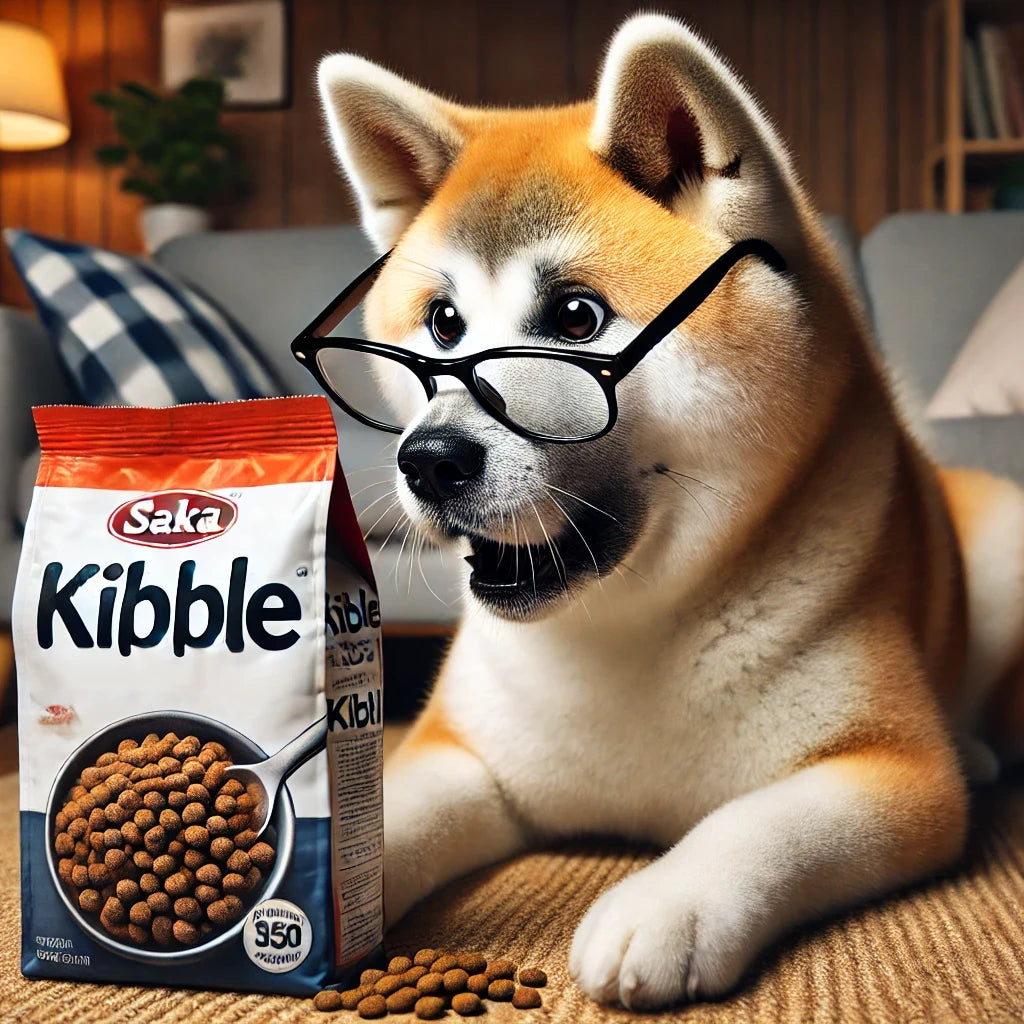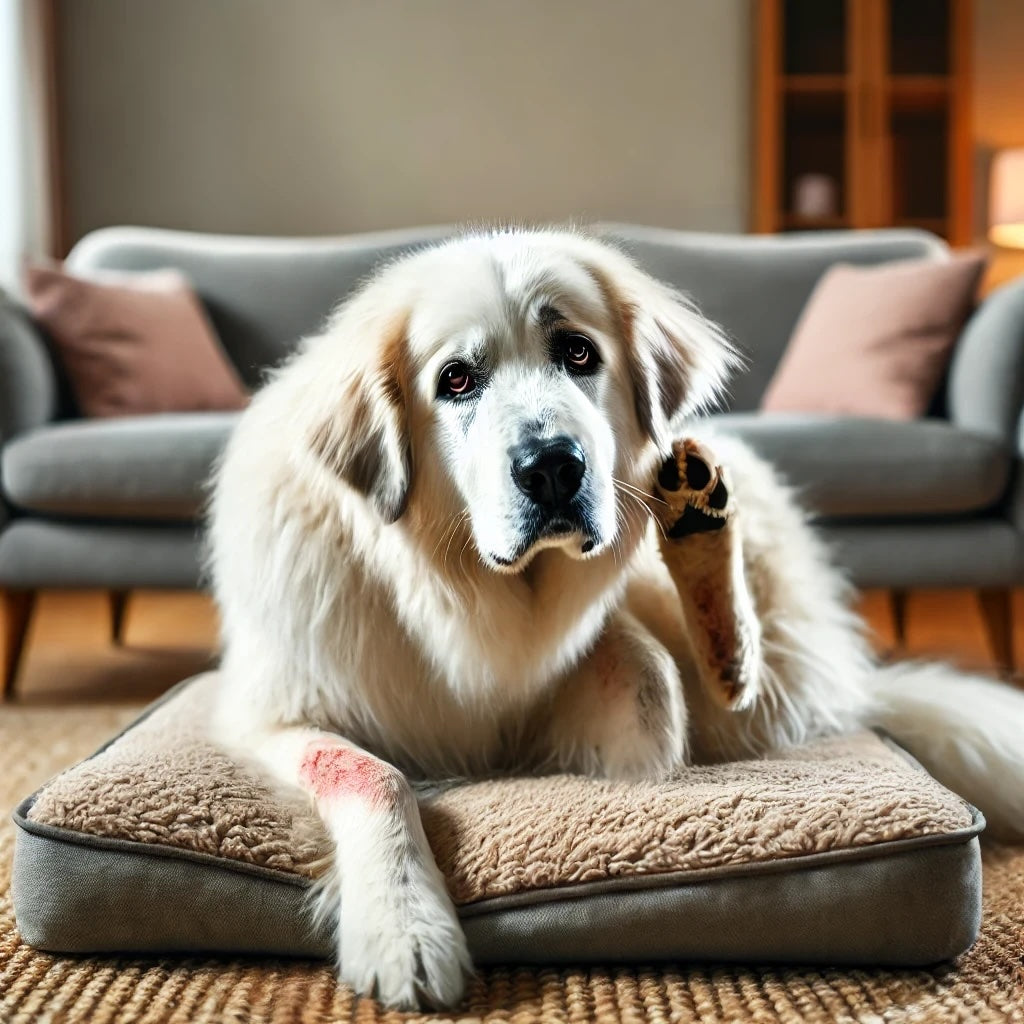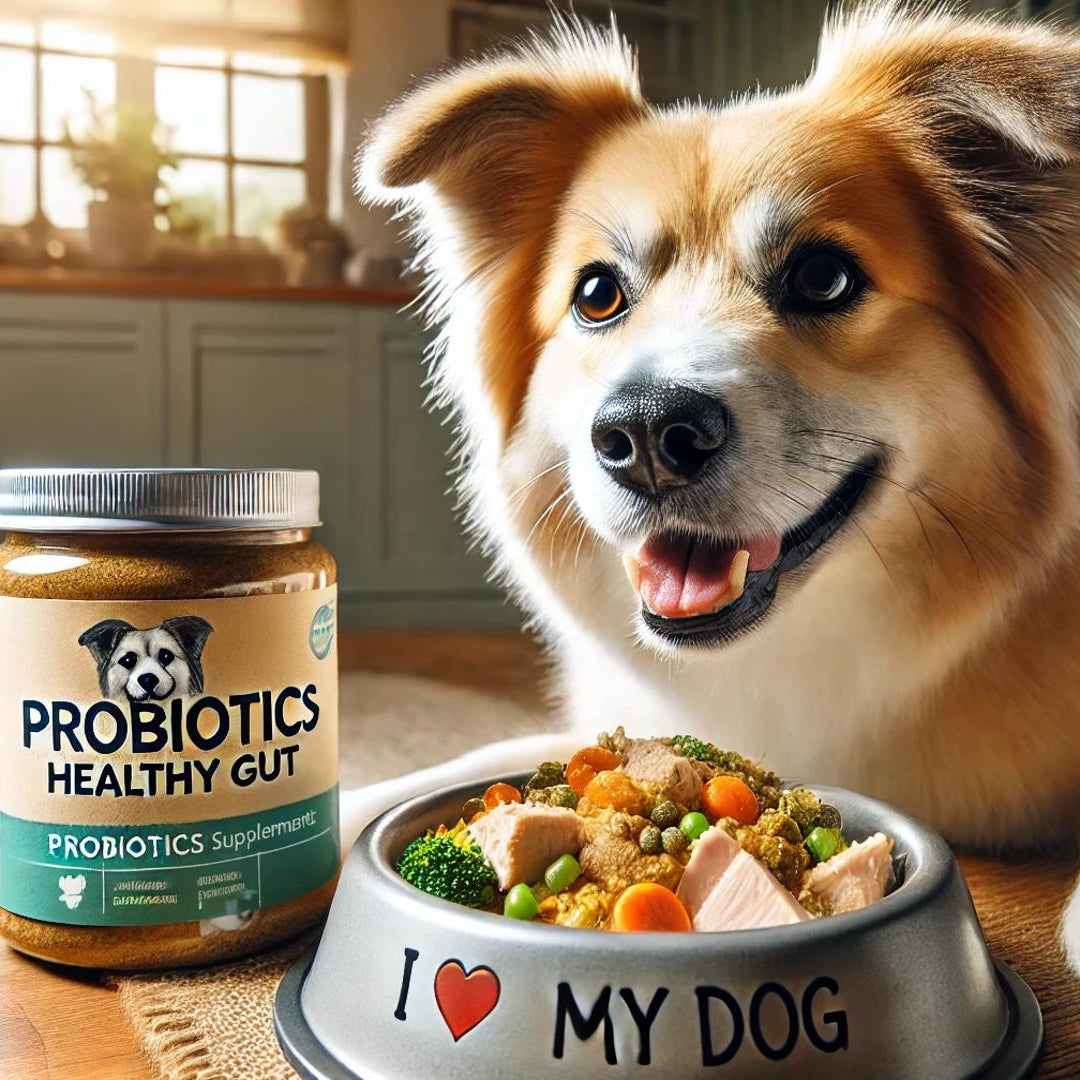Thanksgiving is a time to come together with family and friends, but it can also be a stressful time for pet owners. With all the delicious holiday food around, it’s important to keep your pets healthy by understanding what foods are safe for them to eat and how to ensure they have a great holiday experience.
How To Make Thanksgiving Day Stress-Free For Pets:
Pets can sense changes in the atmosphere and may become anxious or scared during the holiday season. To make sure your pet has a stress-free Thanksgiving, you may want to keep them away from any large gatherings of people or loud noises.
Find a comfortable room with easy access to both food and water. Move their organic pet bed in place with a chill blanket. Provide plenty of holiday pet toys and treats to keep them entertained, and be sure to give them plenty of love and attention throughout the day. Even if they love guests or meeting new people, make sure they have a safe place to retreat if needed.
Tips for Feeding Your Dog During The Holidays:
When it comes to feeding your dog on Thanksgiving, it’s best to stick to their normal diet and avoid giving them too much food. If you choose to give them a special treat, make sure it is something that is safe for them and not full of fats and oils. It's also important to remember that smaller dogs may have different dietary needs than larger breeds, so adjust portions as needed.
Feeding times and snacks should be consistent with non-holiday activities. If sharing special holiday pet-friendly dishes with your furry friends, blend a small portion of safe "people food" with their normal diet. Serve in their preferred pet bowls at normal feeding times and avoid providing snacks at the table or by hand which encourages behavior to be unlearned.
What Foods Are Safe For Dogs and Cats
Thanksgiving is full of our favorite foods, but not all of them are safe for our four-legged friends. It’s important to know what foods can be safely given to dogs and which should be avoided.
Sharing food with your pets can be confusing. Many spices and ingredients we take for granted are toxic and upsetting to the digestive systems of our dogs and cats. The safest solution is to prepare separate pet-friendly dishes.
Some safe foods include cooked turkey (no bones) and without any seasoning or garlic, a few boiled or steamed vegetables, and cooked sweet potatoes. Make sure there are no flavorings, spices, or additives.
Tips For Thanksgiving Food and Snacks for Pets
These typical holiday foods will be more popular with dogs than cats but are usually safe for both. Limit treats and foods in quantity and without any fatty add-ins, spices, or sugars.
Including Advice from Dr. Karen Becker, author of "The Forever Dog" https://healthypets.mercola.com/sites/healthypets/dr-karen-becker.aspx
Apples — Apples contain powerful antioxidants and vitamin C. Serve apple slices to your pet, but never the core or seeds which contain cyanide. Even though a recipe may have healthy apples in it, keep these separate and only provide a small slice or apple bites.
Carrots — Carrots are low in calories and high in fiber and vitamins. Many dogs enjoy snacking on a fresh crunchy carrot. You can also try a few steamed as long as they are no butter, oils, or flavors added.
Broccoli — Broccoli is great both raw and cooked. Dogs may not be used to it, but they tend to love it after a few tests with cooked or slightly steamed. It supports detoxification processes, contains healthy fiber to aid digestion; and is rich in beneficial nutrients. Once they are good with raw or undercooked broccoli, the different textures it presents are also a treat to your pet.
Fermented vegetables — If you happen to be serving fermented veggies as part of your Thanksgiving feast, definitely offer some to your pet. Fermented foods are potent detoxifiers and contain much higher levels of probiotics and vitamin K2 than supplements can provide. Beneficial gut bacteria provided by probiotics break down and eliminate heavy metals and other toxins from the body and perform a number of other important functions.
Pumpkin — This traditional gourd is great both raw and cooked and should be fresh, pure pumpkin. No pie filling or spices! It is full of fiber and vitamins and is often used to calm a dog with an upset stomach or diarrhea. But, too much of a good thing can also cause upset digestive tracts and should be limited.
Sweet potatoes — Sweet potatoes have healthy benefits for pets and people. They are high in fiber, rich in beta-carotene and also high in vitamins A, B6 and C. Cooked sweet potato with skin is okay, but avoid any sugar, and limit amounts to a small portion of a potato per day.
Green beans — Fresh, locally grown green beans are a source of vitamins A, C, and K. These crunchy treats provide fiber and and can be used raw, steamed, or canned. Dogs love them as treats or an extra topping in their kibble.
Spinach — This green leafy vegetable helps has anti-inflammatory properties and can help support heart health (it also contains thylakoids that can suppress hunger and cravings for junk food surprisingly well!).
Asparagus — Asparagus is an excellent source of beta carotene, vitamin K, B1, B2, C and E, along with the folate, iron, copper, fiber, manganese and potassium. It’s also loaded with gut-loving prebiotic fiber.
Yogurt — Plain organic yogurt is microbiome-building and most pets love it.
Cottage cheese — Like yogurt, plain organic cottage cheese provides calcium and protein. Even better, fresh white cheese (queso blanco) can improve your dog’s microbiome.
Raw cashews, and Brazil nuts — These nuts, served in moderation and very small portions, are safe for dogs. Nuts are a good source of vitamin E and trace minerals, including selenium. Never offer pets macadamia nuts, and avoid pecan, walnuts, and almonds.
Other foods to avoid include raw or undercooked meat, poultry skin, stuffing, gravy, dishes containing garlic, onions, chives, leeks, grapes/raisins, bread, rolls, or butter.
Avoid all sugary sweets, chocolate, desserts, and especially nutmeg, and alcohol. Grapes and raisins are highly toxic to dogs and cause poisoning even with a small amount.
Still not sure what foods dogs can eat? Search this database for a quick answer.





